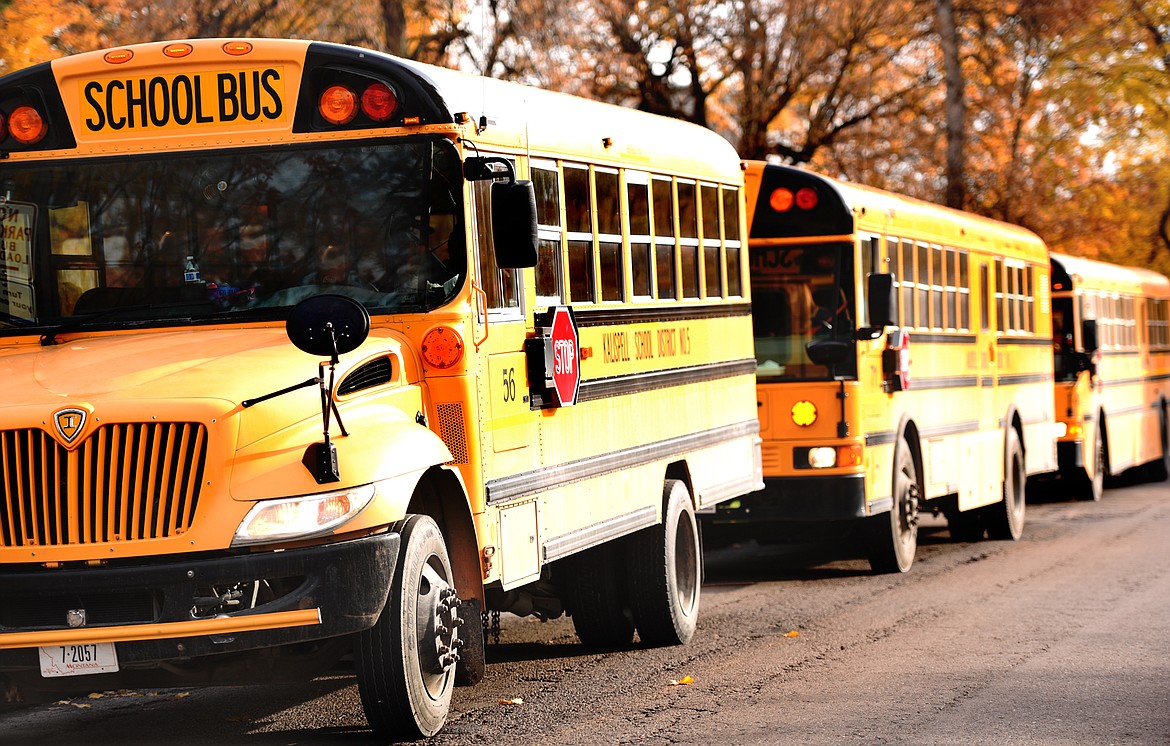Bigfork receives grant to purchase electric school bus
Bigfork School District is one of three Montana school districts to receive federal funding to purchase an electric bus.
The district received $395,000 from the Environmental Protection Agency’s Clean School Bus Program to purchase the bus.
Clinton and Fairfield school districts also received funding through the federal rebate competition as part of the bipartisan Infrastructure, Investment and Jobs Act (Infrastructure Law).
Bigfork School District Transportation Director Danny Walker said the purchase will replace one of its nine diesel buses. Funding will also cover the necessary infrastructure to charge the bus.
Walker anticipates the district will see savings in fuel costs. He said one manufacturer estimated that one of Bigfork’s bus routes which typically costs $20 a day in diesel would cost about $6 in electricity. The district’s buses log about 5,000 miles a year.
Additionally, electric buses have zero tailpipe emissions, which would improve air quality for passengers. Electric buses are also quieter than diesel.
District transportation staff, namely the mechanic, will need some training to work on the electric bus.
“It’s almost identical to a diesel bus. Instead of a diesel engine and transmission you have batteries and an electric motor,” he said.
As emission laws become stricter, many school districts may look to replace fleets with zero-emission buses such as electric. Walker thinks this will occur within the next five to seven years. While the benefits of switching to electric may be the long-term financial savings and improved air quality, the initial purchase price is significantly higher than diesel which is why grants are important for districts such as Bigfork to make the switch.
“If we want to go electric, that’s $400,000 [a bus] versus $150,000,” he said, to buy a diesel bus.
Columbia Falls School District has also made a move to replace diesel buses with alternative fuel technology such as in 2019 when it purchased three propane buses. Propane buses are typically less costly than electric, but electric technology may do a better job at reducing greenhouse emissions since there is still some level of tailpipe emissions.
Reporter Hilary Matheson may be reached at 758-4431 hmatheson@dailyinterlake.com


